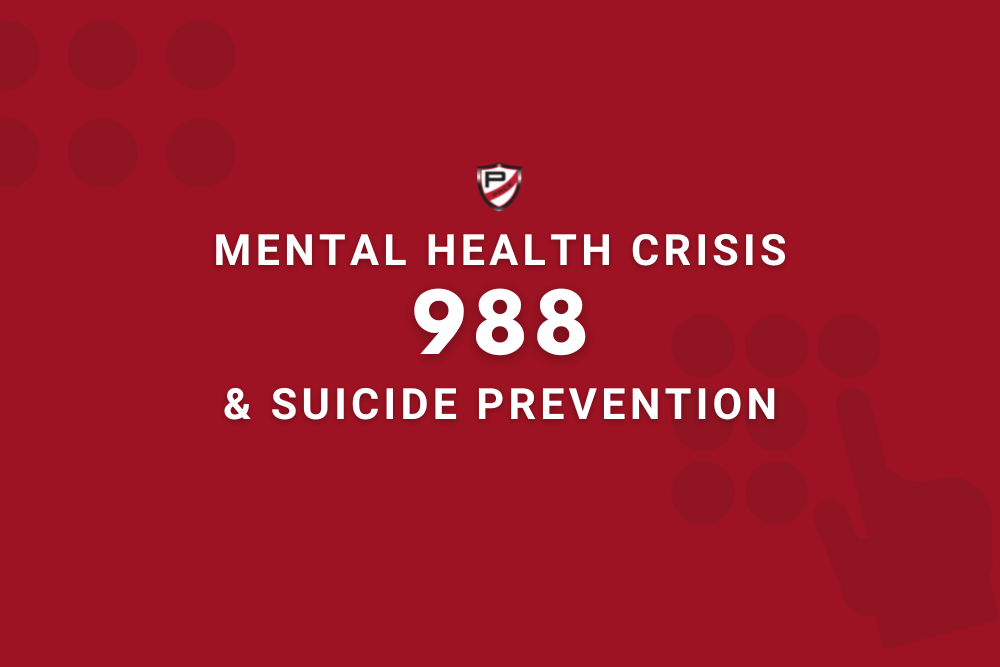The National Suicide Prevention Lifeline has been a resource for people struggling with mental health crises for over fifteen years. Previously, the only way to contact the lifeline was by dialing their 1-800 number. Because this phone number was so long, therapists often encouraged those with severe mental illnesses to program the number into their phone or keep a card on hand to reference. However, as of July 16, 2022, those in distress can now call the suicide prevention hotline, now known as the Suicide and Crisis Lifeline, by dialing 988.
Suicide Prevention Hotline Services
The Suicide and Crisis Lifeline is a resource that anyone struggling with a mental health concern can use. Despite having “suicide” in the name, this hotline offers more than suicide prevention. In fact, according to their website, the lifeline can help with any type of emotional distress including:
- Depressive or anxious thoughts
- Side effects of abuse
- Relationship stress
- Gender and sexual identity
- Substance misuse
- Thoughts of suicide or self-harm
These trained counselors are available 24/7, so people can call whenever they are dealing with an overwhelming event.
Developing the 988 Number
The suicide hotline created this new number to make crisis services accessible to a wider audience. Much like how people recognize 911 as the number for physical emergencies, the Suicide and Crisis Lifeline hopes 988 will become a recognized standard for mental health situations. Alongside this change, they are also working to better serve minority and disabled populations. This includes the Deaf community, LGBTQ+ people, veterans, indigenous populations, and Spanish-speaking communities.
How the Suicide Hotline Works
When someone dials 988, the service routes the call to a local crisis center, where a trained counselor answers the phone. This ensures the person calling has access to local resources that can help them both during and after the call. The counselor will talk the caller through their situation, provide immediate support, and connect them to resources when appropriate. These calls are confidential, meaning counselors will not share information without the consent of the caller. The only exception to this is if a person is in immediate danger and emergency services are necessary. However, these types of situations only account for less than 2% of calls.
Mental Health Support Beyond Crisis Lines
The Suicide and Crisis Lifeline is a great resource for anyone managing a serious mental illness. However, this doesn’t replace a need for counseling or residential treatment. Frequently calling the lifeline is an indication that a person’s mental illness is severely interfering with their life. This person likely requires more intensive support.
At PACE Recovery Center, we offer residential and outpatient mental health support for young men with complex mental health diagnoses. We treat mood disorders, trauma symptoms, anxiety disorders, and personality disorders through a combination of evidence-based therapeutic interventions. Our Southern California center provides a break from the busyness of life for adolescent men. This helps them recover from their mental illness in a safe, comfortable environment. If you know of a young man who would benefit from intensive treatment for a mental health issue, contact us today.



